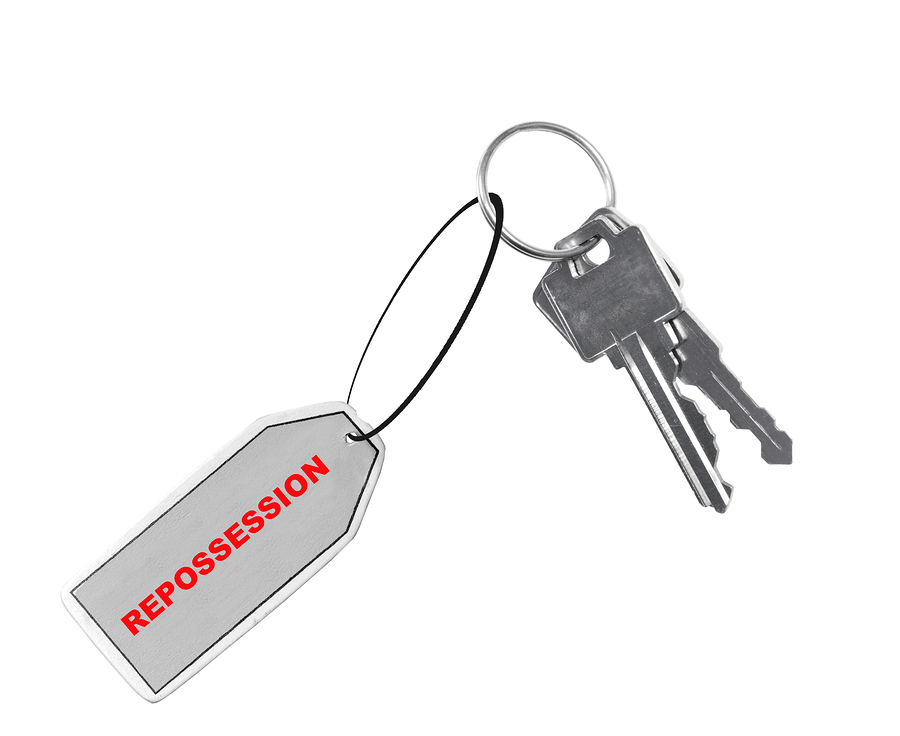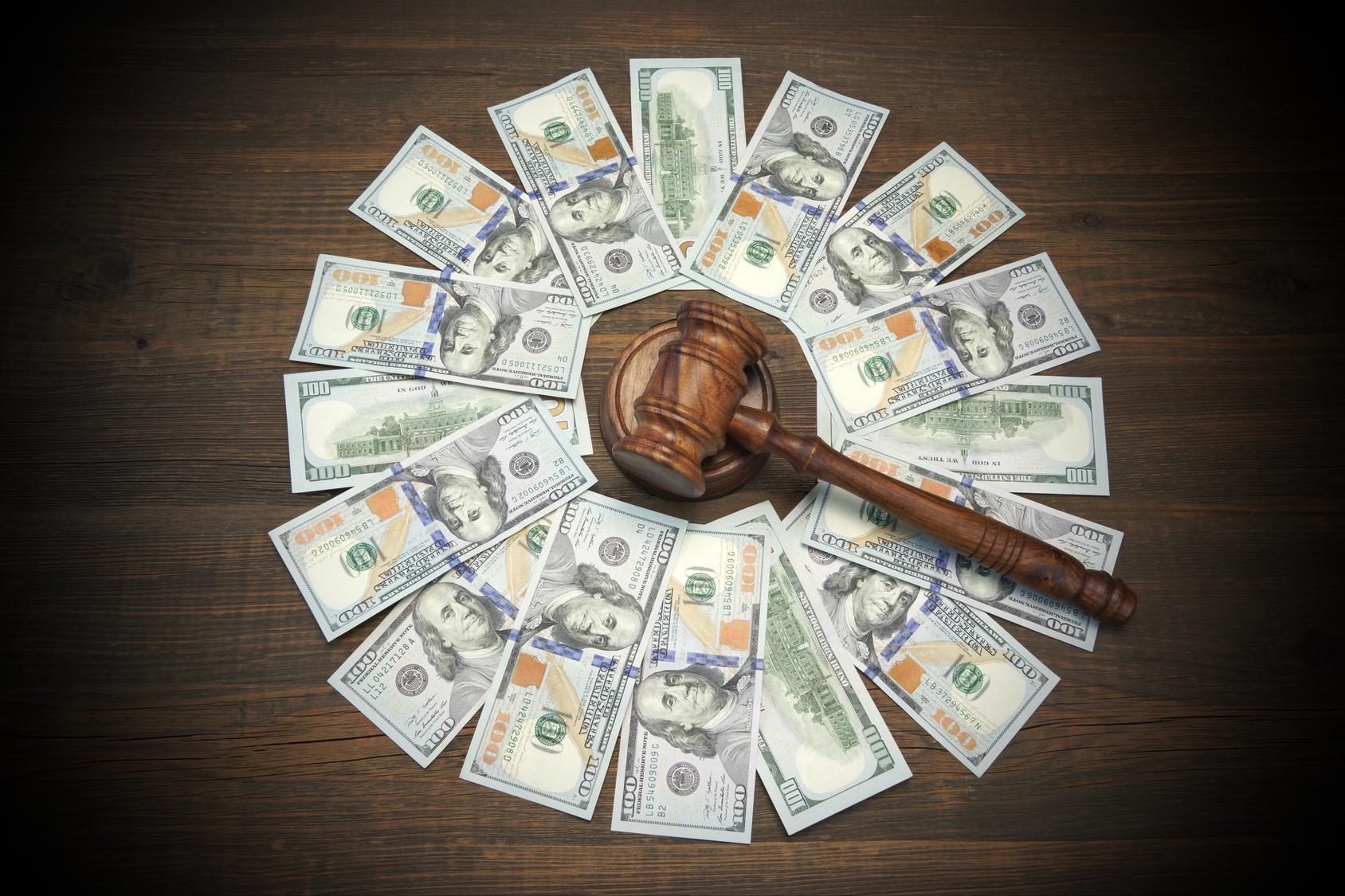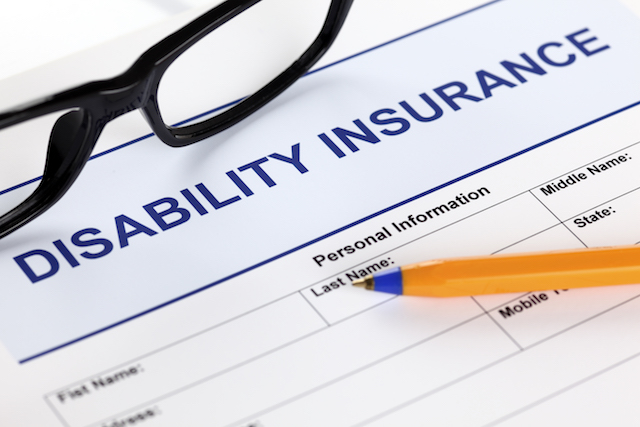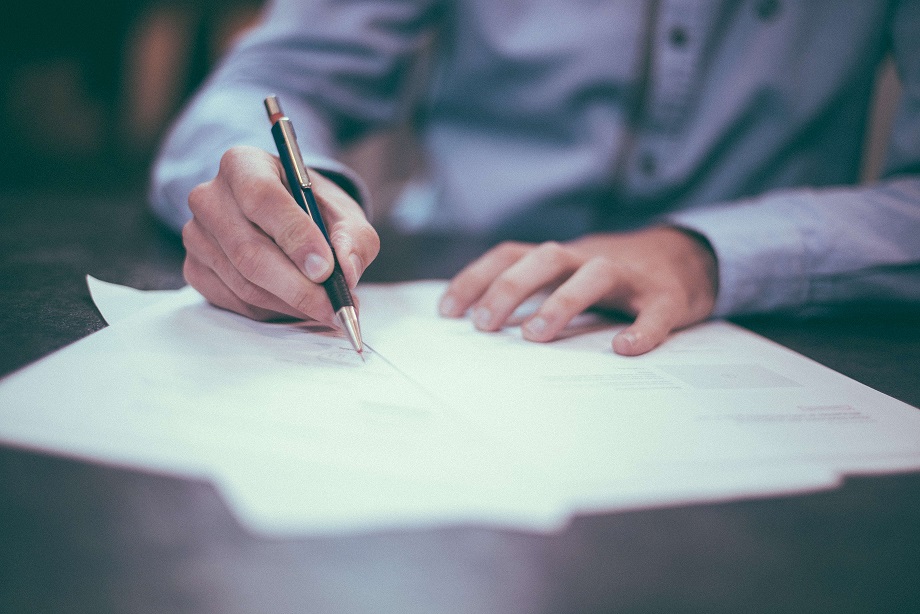How Long Does a Repossession Stay on Your Credit Record?
Repossession is an ugly word. You wake up one morning to find your car is missing. Once you have missed a payment or two, your lender is within their legal rights to repossess the vehicle. They are not required to provide you with any prior notice. This could leave you carless, facing a delinquency lawsuit, and negatively impact your credit score. In some situations, you might be able to pay your lender the money you are behind or file for bankruptcy. Depending on the action you take, the repossession could stay on your credit record for seven years.
If you have missed a vehicle payment or two and feel overwhelmed by other financial obligations, you should contact our Philadelphia bankruptcy lawyers. You have options available, and filing for bankruptcy could be advantageous. Additionally, there are some benefits to filing that you might not be aware of. Our goal is to provide professional and compassionate representation while providing our clients with the knowledge to make informed decisions.
Young, Marr, Mallis & Associates have been assisting individuals, couples, and businesses manage their debt for decades. These years of experience mean we have seen all types of issues and have the resources to tackle any challenge. In Pennsylvania, call (215) 701-6519 to discuss your unique case and options. If you live in New Jersey, call (609) 755-3115.
A Repossession Will Stay on Your Credit Record for Seven Years
A vehicle repossession will stay on your credit report for seven years. The clock starts running from the date of your first missed payment, not the date of the repossession itself. Even if you bring a delinquent account, the late payment will remain on your record for seven years. However, this does not mean the entire account will be removed – just this particular late payment. If you have a history of other late payments, they will be individual records, each with its own seven-year life span.
In cases where there are no other delinquencies, the account status will shift to a positive one. Positive accounts remain on your credit history for ten years from when the account is closed. If the account remains open, the positive account will remain on your report indefinitely.
If your vehicle was repossessed, your delinquent account was not brought current. Therefore, the entire account will be removed seven years after the date of the original missed payment.
There are several other dates listed on your credit report. For example, your report will likely list the date the account was opened, closed, and the date of your last payment. There could also be a date indicating when your lender last updated the account. While informative, none of these dates have any impact on when a repossession will fall off your credit history.
Some credit reports will list the date the account will be removed from your credit history. For example, you might find a notation that reads, “this account is scheduled to continue until,” followed by a specific date.
A Repossessions Impact on Your Credit Score
One factor that impacts your credit report is your payment history. Lenders and other creditors will use this information to determine the likelihood that you will be able to make payments in the future.
If your car was repossessed, you stopped making the required payments, forcing your lender to take action to recoup its debt. Repossession is rarely the first option a lender will take. In fact, even though a lender has the right to repossess your vehicle after one missed payment, they usually provide a borrower an opportunity to bring the account current before taking the step to repossess the car.
A repossession on your credit history is not a good thing. It is considered a derogatory event and will significantly negatively impact your credit score. In many situations, it could be difficult to obtain new credit or a loan if you have a repossession on your credit history. In those cases where you do qualify, you will be required to pay a substantially higher interest rate.
Removing a Repossession From Your Credit Report
Generally, you must wait for seven years to pass until a repossession is removed from your credit history. However, it might be possible to remove it early under some circumstances.
Negotiating
One option is to try and work with your lender. Believe it or not, most lenders do not want to repossess a vehicle. The cost of a repossession, storing, and selling the vehicle usually means that the lender does not recoup the full loan balance. If you agree to a payment plan or modify the terms of your loan, you might be able to keep your car and not worry about a repossession on your record. The key is to be proactive. If you are not comfortable working with the lender yourself, our Pennsylvania bankruptcy lawyers are available to assist you.
Dispute the Claim
If there are inaccuracies in your credit report, you should file a dispute. If you provide evidence that the information in your credit history is inaccurate, the various credit bureaus are required to investigate your claim. If a creditor fails to correct a disputed inaccuracy within a certain number of days, the account must be removed.
Filing for Bankruptcy and a Repossession on Your Credit History
Many people know that filing for bankruptcy is a means to eliminate your debt and get a fresh start. However, that is a simplified way of looking at bankruptcy. The type of case you file will affect your ability to discharge or reorganize your debt.
For example, if your car was repossessed and you filed a Chapter 7 case, your personal obligation for any money still due under the car loan could be discharged. Unfortunately, the repossession will remain on your credit report for seven years. While this might not appear helpful, discharging any remaining delinquency balance could be a huge benefit. When your vehicle is repossessed, the lender will sell the car to recoup the money still owed under the original loan. However, the car will likely sell for considerably less than is owed. The lender could then sue you for the remaining balance. Filing for bankruptcy helps you avoid this additional debt.
In some cases, if your car was repossessed, you might be able to file a Chapter 13 case to have the car returned, paying what you owe through the Chapter 13 bankruptcy plan. In some cases, a lender might require you to make additional adequate payments to protect the depreciation in the vehicle. However, recent developments could impact the effectiveness of a Chapter 13 bankruptcy if your car was repossessed.
City of Chicago v. Fulton and Repossessions
In February 2021, the Supreme Court rendered a decision in City of Chicago v. Fulton that could impact how repossessions are handled in bankruptcy. The Court held that a lender who repossesses a car before the borrower files for bankruptcy does not violate the exercise control provision of the Bankruptcy Code’s automatic stay. Basically, the Court determined that the provision does not require a lender to return a repossessed vehicle because the borrower filed a bankruptcy petition.
While this might appear to be a win for lenders, the Court left several areas open to interpretation, possibly leaving lenders to exposure and liability if they refuse to return a repossessed vehicle.
Repossession and Bankruptcy
It is important to review how bankruptcy and repossessions intersect to understand how the Fulton decision will impact bankruptcy filings. Typically, if a borrower misses a car payment, the lender has legal authorization to repossess the vehicle to satisfy the debt.
In many cases, if a car is repossessed, our Bucks County bankruptcy lawyers will advise filing a Chapter 13 case to help reorganize a borrower’s financial obligations. The moment the bankruptcy petition is filed, an automatic stay goes into effect, protecting the debtor from any further collection activities. Additionally, the debtor’s possessions become part of the “bankruptcy estate.”
The automatic stay prohibits a lender from selling the vehicle. The debtor is authorized, under the Bankruptcy Code, to reclaim possession of the car. Any delinquency would be addressed through the bankruptcy plan.
Before the Court handed down its decision in Fulton, many bankruptcy courts held that failure to return a repossessed vehicle immediately upon filing the bankruptcy petition violated the automatic stay. If a lender failed to comply, it could face financial damages, punitive damages, and attorney’s fees.
The Fulton Decision and Repossessions
The Supreme Court decided that failing to immediately turn over a vehicle did not violate the “exercise control” provision. However, when rendering its decision, the Court failed to address three other provisions, including two automatic stay subsections and the entirety of the turnover section. Under this decision, lenders could still violate the other provisions if it fails to return a repossessed car.
So, how does this decision impact your case if your car was repossessed before filing for bankruptcy? The most drastic change is that debtors’ attorneys will now likely have to file additional lawsuits, or adversary proceedings, in the bankruptcy to have the vehicle returned. A stay violation is handled within the normal bankruptcy proceedings. However, a turnover compliant is an additional lawsuit that could be time-consuming and expensive. One way to address the additional time required is for our West Chester bankruptcy lawyers to file motions to expedite the process.
Bankruptcies and Repossessions Going Forward
Lenders will have to prepare for the upcoming increase in adversary proceedings that will likely arise because of the Fulton decision. For instance, it might be in a lender’s best interests to establish what constitutes an acceptable amount for adequate protection payments before releasing a repossessed vehicle back to a Chapter 13 debtor. At a minimum, a lender could require proof of insurance to protect its collateral.
In some cases, adequate protections payments might also be included before the Chapter 13 plan is confirmed. If a debtor is able to provide sufficient evidence that they could meet the lender’s required level of protection, counsel for the lender might advise arranging to turn over the vehicle.
Under the Court’s thinking in Fulton, the automatic stay ensures that the debtor is not faced with any actions taken on the part of their various creditors. If a lender had taken possession of a vehicle before the bankruptcy was filed, then as long as it does not attempt to collect the remaining balance or sell the vehicle, there is no stay violation. Filing a bankruptcy petition no longer compels a lender to return a vehicle on demand. If you have any questions regarding repossession or bankruptcy, contact our Delaware County (Delco) bankruptcy lawyers.
Bankruptcy and Cramming Down Your Car Payments
Once you have stopped a repossession and regained possession of your vehicle, you might be able to lower your car payment. Most people are not aware of all of the benefits available through bankruptcy. If you purchased your car 910 days before filing your bankruptcy petition and the vehicle is worth less than you owe on your loan, you might be able to cram your payment down to the fair market value of the car.
To illustrate this point, imagine you filed for bankruptcy and own a car worth $9,500. When you filed, the loan balance was $14,000. Cramming down your loan would allow you to pay $9,500 through your bankruptcy plan – fundamentally lowering your car payments. Any remaining balance would be treated as an unsecured debt. Depending on other factors, such as your income or assets, you could discharge the unsecured portion. Our Norristown bankruptcy lawyers will review your vehicles, their value, and the balance on your loans during your initial consultation.
Pennsylvania Bankruptcy Attorneys Working for People Who Lost a Vehicle to Repossession
A vehicle repossession could completely upend your life, especially if you needed the car to get to work or run errands. Furthermore, a repossession is also a negative mark on your credit history. To understand your options, especially if you missed a car payment and your car was not repossessed yet, contact our Springfield bankruptcy lawyers at (215) 701-6519. For those people in New Jersey, you can call (609) 755-3115. Let Young, Marr, Mallis & Associates’s decades of experience work for you.






























